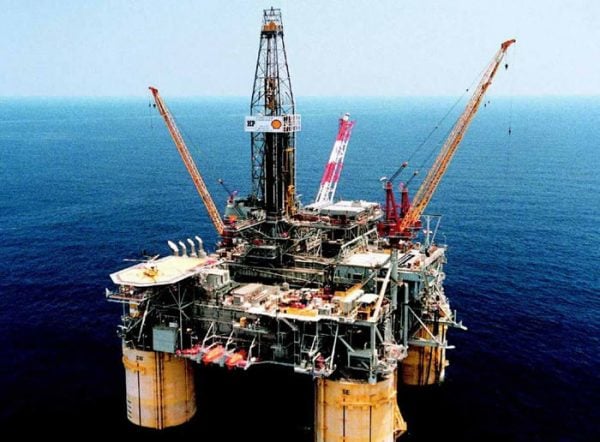S&P Global Commodity Insights has warned that rigid local content rules and regulatory uncertainty are discouraging foreign investors from Nigeria’s oil and gas sector, despite the country’s vast hydrocarbon potential.
According to a presentation at the Lagos Commodity Insights Briefing 2025, S&P Global analysts Ana Ramirez, Olusegun Kolawole, and Layla Mahmood said Nigeria’s position as Africa’s largest oil producer, with proven reserves of about 37 billion barrels, remains undermined by policy instability and low investor appeal.
They noted that although the oil and gas sector accounts for more than 90 per cent of Nigeria’s foreign exchange earnings, “the country still struggles with low investor appeal.”
According to the analysts, local content policies are vital for enhancing national development by maximising the benefits of resource extraction. However, they warned that “rigid requirements can deter foreign investment, delay projects, and raise costs.”
They explained that the Nigerian Oil and Gas Industry Content Development Act of 2010 was landmark legislation designed to promote local participation, but the current implementation framework had created barriers to international capital inflow.
“International investors recognise the importance of Nigeria’s local content framework; however, their concerns regarding costs, capacity, and compliance highlight a more significant issue: the need for certainty,” the report stated.
S&P Global said Nigeria must ensure “predictable legal frameworks and open processes to build investor confidence,” adding that investors look for “certainty in regulations, fiscal terms, and contract enforcement, as this predictability helps reduce risk and supports long-term planning.”
The analysts stressed that transparency remained a key factor in attracting global energy capital, saying, “Transparent processes play a critical role in strengthening accountability and fostering trust among investors.”
They added that beyond local content, investors prioritise regulatory stability and transparency, which are crucial for long-term planning and effective risk management.
This, they said, requires that local participation be paired with stability, characterised by clear rules, predictable enforcement, and a legal framework that remains consistent over time.
S&P Global listed key elements necessary to restore investor confidence, including clear and consistent laws, transparent licensing and approval processes, predictable fiscal terms, effective dispute resolution mechanisms, and policy alignment with long-term development goals.
On implementation risks, the analysts identified enforcement gaps and weak institutional capacity as major threats to Nigeria’s oil industry growth. They cited “multiple agencies with overlapping responsibilities” and “inconsistent enforcement” as problems that create “a convoluted regulatory environment, leading to conflicting directives and delays for operators.”
According to the report, regulatory standards are not uniformly applied, resulting in perceived biases and uneven scrutiny across projects. It added that regulatory bodies often lack skilled personnel and resources, causing delays in approvals and inadequate enforcement of laws.
They further observed that “delays in updating laws and ambiguous regulations create unpredictable operational conditions, increasing compliance risks,” stressing that the cumulative impact of these challenges “leads to uncertain returns and reduced investment, slowing project development and sector growth.”
S&P Global stressed that while local investment is essential for building domestic capacity and retaining economic benefits, international participation remains vital.
“Foreign investors contribute necessary technology, capital, and expertise, fostering sustainable development and increasing the impact of natural resources,” the analysts said.
They maintained that by addressing these risks and ensuring policy coherence, Nigeria could “enhance investor confidence and attract the global capital necessary for sustainable growth.”















